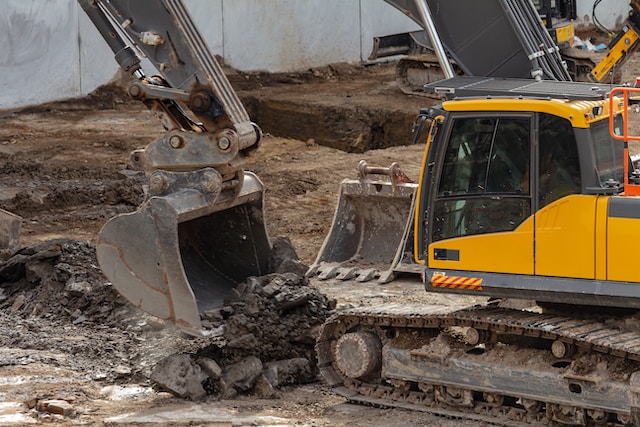
Many homes require septic systems as a necessary component. Before wastewater may leak into the ground or reach the sewage system, it is collected and treated.
When you hear a gurgling sound from your septic system, it is usually a sign that you need your tank pumped. A bad odor is another problem.
Clogs
A septic tank is a vital element of a home and is designed to eliminate biohazard waste and wastewater. However, over time a septic system can develop issues such as clogs and sludge build-up that require professional intervention from a septic tank draining services Orlando, FL.
The first clue you might be dealing with a clog in your septic tank is if multiple drains or toilets are backed up simultaneously. This could result from a septic effluent filter or outlet baffle clog.
If you have a septic tank with an effluent filter, cleaning the filter may clear up the sewage backups. If you do not have an effluent filter, a sewage clog may result from water entering your septic system too quickly or the system becoming overloaded.
Septic-friendly solutions like flushing clogs out with boiling water or combining vinegar and baking soda in a cup of hot water often clear up slow and clogged drains. Having a septic plumber in for a complete drain cleaning is preferable if these approaches don’t work.
Sludge
Sludge is a thick layer that forms at the bottom of your tank. It comprises non-liquid materials like soil, bones, and unconsumed food particles. Sludge also contains anaerobic bacteria that thrive in the bottom of your septic tank.
In a properly designed septic system, a certain amount of tank volume is set aside for sludge and scum accumulation. This gives wastewater enough time to separate sludge from scum and other solids before leaving the tank.
As sludge and scum accumulate, they interfere with the separation process. This can lead to clogged pipes in your drain field and dissolved organic pollution.
This can be prevented by pumping your septic tank regularly. A septic professional can help you determine how often your tank will need to be pumped.
Sewage
A septic system may overload without pumping, causing sewage to back up from drains. This may cause a home to flood and the area to smell like sewage.
Fortunately, there are ways to keep sewage from building up in your septic system and causing problems. Start by reducing water use (for instance, don’t flush paper towels and wipes down the toilet) and getting your septic tank pumped regularly.
The septic tank holds wastewater until it breaks down under the influence of natural bacteria. The sludge, which is heavy waste materials like feces and solid food, settles on the bottom of the tank while lighter materials like soaps and oils float to the top. The liquid wastewater, or effluent, exits the septic tank and goes into a drain field, broken down by nature and eventually reabsorbed in the soil.
Pumping
When septic systems function properly, wastewater drains into the septic tank, where bacteria decompose. This process breaks down sludge and scum that accumulates in the tank.
In some cases, solids build-up and must be pumped out periodically. This is a crucial step to keep the system functioning correctly.
Pumping helps remove the excess solids before they clog your drain field and cause serious problems. Typically, your septic tank should be pumped every 3-5 years.
A septic tank should also be inspected yearly to check for signs that it needs to be pumped. This is particularly important if more people live in your home than the system was designed for.